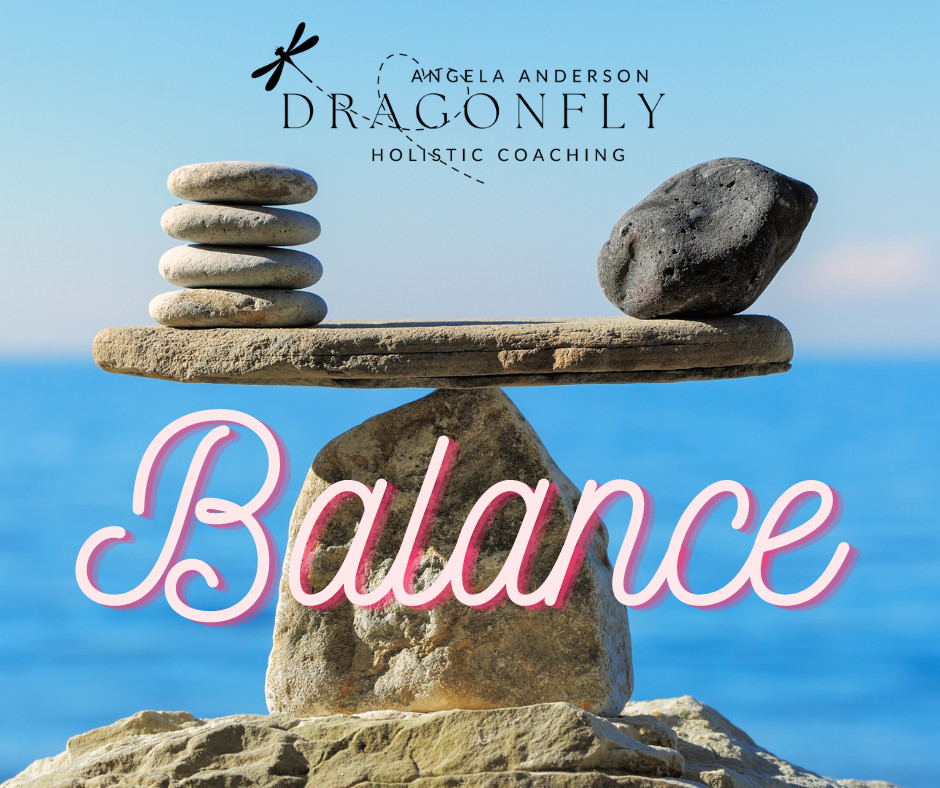
In a world deeply influenced by the quest for safety and security, human behavior is molded by a fundamental desire that goes beyond materialistic yearnings. This pursuit encompasses physical safety, financial stability, health security, and emotional well-being—a comprehensive spectrum that shapes decisions, actions, and societal trends. From installing security systems at home for physical safety to making investments for financial stability and adopting healthy habits for long-term health security, each action reflects a deep-seated drive to protect ourselves from uncertainties.
The recent global pandemic has underlined the significance of health security, propelling individuals and communities to adopt preventive measures like vaccination and regular exercise to fend off health crises. Additionally, the growing emphasis on emotional well-being has led to an increased focus on mental health care, highlighting the importance of psychological safety in overall human security. These efforts, fueled by both immediate concerns and the anticipation of future challenges, demonstrate a proactive approach towards ensuring a holistic sense of security.
Understanding the intrinsic human needs for safety and security is crucial, as it influences a wide array of behaviors and societal trends. By addressing these needs, individuals, communities, and leaders can forge environments that support a secure, stable, and satisfying human experience. This understanding paves the way for a continuous journey towards creating a safer world, illustrating the resilience and adaptability of the human spirit in navigating modern complexities.
Read more...
At a recent weight-loss summit hosted by Better Life Summits, insights were shared by Dr. Joel Fuhrman, a renowned nutritional researcher and bestselling author, on the critical role of proper nutrition in reversing disease and managing weight. Dr. Fuhrman highlighted the importance of consuming whole foods rich in antioxidants and phytochemicals, necessary for the body's detoxification process following metabolism. Unlike processed foods, which lack these essential micronutrients, whole foods support the natural removal of metabolic waste products, reducing inflammation and disease risk.
Dr. Fuhrman also delved into the body's natural detoxification process, explaining how a diet heavy in processed foods can overwhelm this system, leading to increased inflammation and disease. He stressed that switching to a healthier diet might initially worsen feelings as the body detoxifies, but it's a crucial step toward weight loss and better health. The consumption of highly processed and low-nutrient foods not only burdens the detoxification process but also leads to nutrient deficiencies, making the body crave more unhealthy food.
The key takeaway from Dr. Fuhrman's talk is the profound impact of nutrition on overall health. He pointed out that modern diets high in calories but low in nutrients turn individuals into "calorie consuming monsters" with a buildup of toxic metabolic end products that increase food cravings. Dr. Fuhrman's advice for anyone looking to improve their health is to prioritize a diet rich in micronutrients found in whole foods, which not only aids in detoxification but also enhances immune function, mental health, and overall well-being.
Read more...
Understanding the stages of the change process can significantly impact our ability to set and achieve our goals. The Transtheoretical Model of Change introduces a structured approach, beginning with the Pre-contemplation stage, where individuals may not recognize the need for change. As individuals progress to contemplate and prepare for change, they start to acknowledge their lifestyle's contribution to their problems, exploring options and setting plans for transformation.
The action and maintenance phases are critical in actualizing and sustaining change. In the action phase, individuals actively modify behaviors or adopt new habits, working towards their set goals for at least six months. Following the achievement of these goals, the maintenance stage is essential for preventing relapse, encouraging adjustments in goals and habits to maintain the new change.
This model not only helps individuals understand their readiness for change but also guides coaches in supporting clients through each phase. By working on awareness, planning, and employing strategies tailored to each stage, both coach and client can collaboratively build a roadmap towards sustained change. Whether through incremental steps or comprehensive planning, recognizing and navigating through these stages can pave the way to lasting vitality and confidence.
Read more...Have you ever wondered about being a health coach? It was never part of my career or life plan, nor was functional nutrition.
While I was happy plugging away at my work as a hospital administrator for more than 20 years, I was slowly killing myself.
I was stressed out all the time.
I was eating like crap.
I wasn't sleeping.
I wasn't moving.
I was stewing away in anger at the politics that were part of my world, adamant that politics didn't belong in healthcare.
Those 2 decades are a blur now. I was living on caffeine and nicotine and treating my body like it was replaceable.
Eventually, this lifestyle took a toll on my health in a big way.
On the surface, I was suffering from a nervous breakdown. I hated that assessment because it didn't feel right. What was happening inside my body was real, it wasn't all in my head, as is often insinuated when someone suffers in this way. I wasn't losing my mind, something was wrong inside my body, but I lacked the knowledge to explain it appropriately. I felt betrayed by my body. I couldn't leave my house; I couldn't even get out of bed.
Initially, I turned to health coaching as a way to stay in my field and continue working from home. My nervous system was so unpredictable that I no longer felt safe or in control while in public. I started learning about somatic psychology, trying to explain what was happening inside my physiology. Even though I didn't have the words or expertise to explain what was happening, I knew that someone had to have answers. Eventually, I stumbled on to polyvagal and other trauma theories and started learning about the nervous system. I had suffered trauma in my life, but I also felt coonfident that I had worked through most of these issues long ago. While somatic psychology and trauma theory gave me the words to explain what was happening in the nervous system, I still didn't understand why I was stuck in fight or flight for months. I left the job that was stressing me out, I was taking two blood pressure medications to calm my somatic response.
Finally, I stumbled on functional and lifestyle medicine which led me to functional nutrition.
The Functional Diagnostic nutrition course helped me understand the physiology of stress. I learned how stress impacts the body and how chronic stress is a root cause of a host of medical conditions and at the heart of my chronic illnesses; heart disease, diabetes, and even cancer among them. This course was the missing link for me. It helped me see all the ways my lifestyle and stress were contributing to my health challenges. They gave me the tools I needed to get my own health back on track.
I learned how hormones affect every system of the body, I learned how stress impacts digestion and nutrient absorption. I learned how dysregulated hormones from chronic stress impact the metabolism. Once metabolism is dysregulated, every system in the body is in jeopardy, because your metabolism is how your body turns food into energy. I also learned about the intimate relationship between gut health and brain health. Once your gut health is out of whack, your brain can be compromised. The FDN course was instrumental in helping me get my own health back on track and gave me the expertise to help others find their own road to health and vitality.
This month, FDN will be pulling back the curtains of their training program and giving you a peek inside. Not only do you get a peek inside the course, but you will also get to deep dive into a real-life case study. A client named Reese, who is struggling with infertility, moodiness and fatigue. In this hands-on experience, you get the opportunity to witness firsthand how powerful completing the FDN Certification course can be. Each day of the workshop, pros will break down distinct foundational functional lab tests, connecting all the dots between root cause and optimal function.
This course changed the trajectory of my health and my life!
Now is your opportunity to take a peek inside the course for yourself.
If you struggle with health challenges and you just haven't been getting the answers you have been looking for, the FDN sneak peek may reveal a new path for you too! And the best part of all, the sneak peek is free! So, if you are even the slightest bit curious, you have nothing to loose by signing up for this FREE Sneak Peek inside.
Here are the details:
What: FDN Course Sneak Peek
Where: online
Who: FDNP Brandy Buskow
When: Feb 27 @ 10 AM PST
How: Register Here
Cost: Free
I've already told you how life changing the FDN Course was for me. Now you can check it out for yourself with this free sneak peek.
It is such a powerful experience that 85% of previous attendees signed up for the full course after attending the sneak peek.
You have nothing to lose and so much to gain, so don't delay in signing up for this course today.

The premise of achieving substantial change in our lives begins with a simple yet profound question: if nothing in our lives changed over the next five years, would we be content? The article highlights the importance of setting intentions and making deliberate changes today to influence our future positively. Using the wheel of life exercise, it demonstrates how a holistic review of our lives can unveil neglected areas, thereby setting the stage for impactful, goal-oriented actions.
Goal setting is fundamental to personal development, and the blog post delineates the essence of SMART goals - specific, measurable, action-oriented, realistic, and time-bound objectives. These criteria not only guide us in formulating clear and attainable goals but also in remaining accountable. By breaking down larger goals into smaller, realistic targets, the journey towards achieving our aspirations becomes less daunting and more feasible.
At the heart of reaching our goals lies the true understanding of our deepest desires and aligning our objectives with our core values. The narrative emphasizes the significance of positivity in goal setting, preparing for potential challenges, and utilizing available resources to foster success. Each step taken towards our goal, no matter how small, marks progress - underscoring the power of persistence and clarity in the pursuit of personal fulfillment and success.
Read more...



